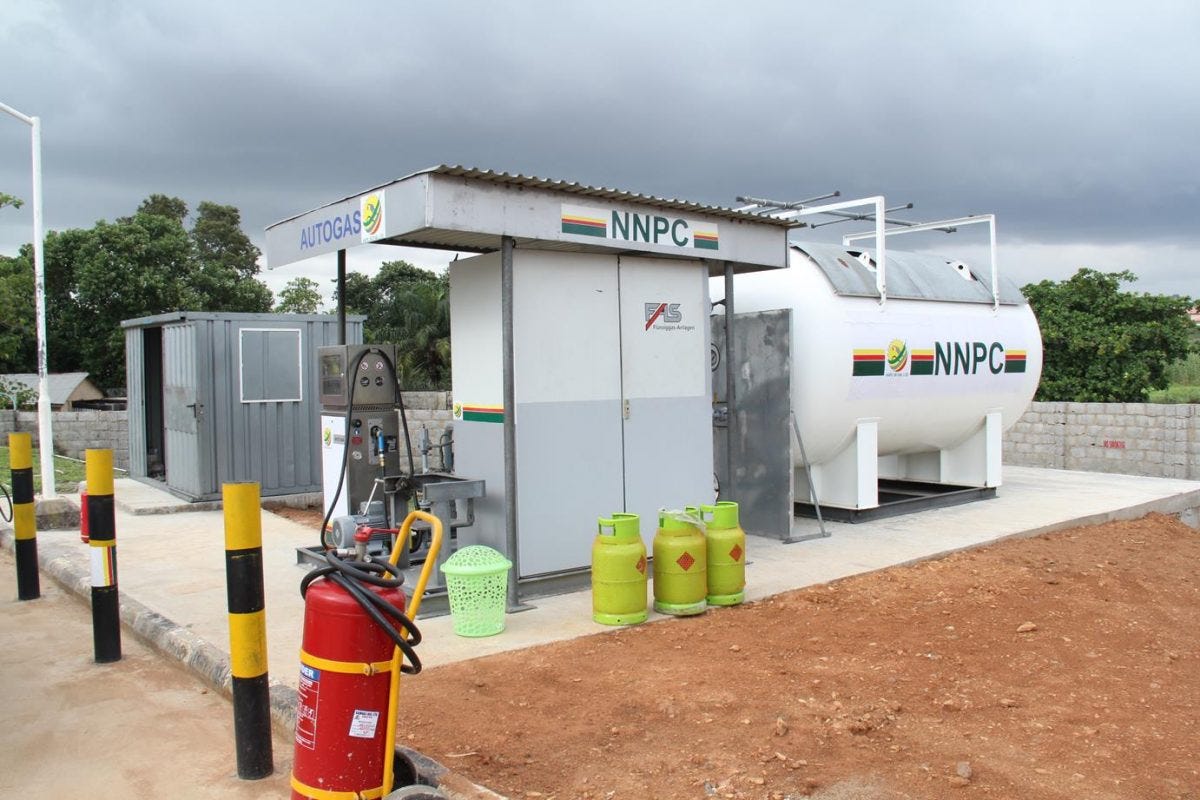The naira recorded another week of gains at both the official and parallel foreign exchange markets, closing stronger on the back of improved dollar inflows and renewed investor confidence.
At the official market, the local currency appreciated by 0.72% (₦10.5) to close at ₦1,455.17 per dollar — its strongest level since December 2024, according to data from the Central Bank of Nigeria (CBN).
The rally has been linked to steady foreign exchange inflows from portfolio investors and diaspora remittances.
At the parallel market, the naira also gained 0.88% to ₦1,475 per dollar, supported by better liquidity conditions and sustained demand moderation.
Improved Sentiment and Foreign Inflows Drive Market Stability
The week began on a soft note as early demand pressures emerged following the exit of some foreign portfolio investors.
However, sentiment quickly improved midweek with a surge in dollar inflows, especially from investors seeking naira to settle local fixed-income obligations.
In its weekly outlook, AIICO Capital said the naira is likely to remain stable in the near term, buoyed by increased dollar supply and growing external reserves.
Cowry Assets Management Limited echoed similar optimism, saying “we expect the naira to stay stable, supported by steady FX inflows and CBN interventions.”
The firm, however, cautioned that “rising import demand or weaker inflows could limit further gains.”
It added that oil prices may stay under pressure due to global oversupply, though any rebound in demand could strengthen Nigeria’s external earnings and FX market balance.
Nigeria’s external reserves rose to $42.57 billion, boosted by oil receipts, remittances, and portfolio investments. The increase gives the CBN more room to cushion short-term pressures and reinforces confidence in exchange rate stability.
FTSE Russell Boosts Investor Confidence with Watch List Upgrade
Investor sentiment was further lifted after global index provider FTSE Russell added Nigeria to its Watch List in the September 2025 semi-annual country classification review for equities and fixed income.
The move signals a “possible reclassification from Unclassified to Frontier Market status,” as Nigeria now meets the five FTSE Quality of Markets criteria required for the upgrade.
Nigeria was downgraded to Unclassified status in September 2023 due to severe FX repatriation delays and market bottlenecks that discouraged foreign participation. But recent reforms — including improved liquidity and transparent pricing — have reduced those hurdles.
A formal reassessment is expected in March 2026 after a six-month observation period. Analysts say the development could unlock significant portfolio inflows from global funds that benchmark against the FTSE Frontier Market Index.
According to Meristem Securities, the inclusion “places Nigeria back on the investment radar.”
The firm added that active funds may begin positioning ahead of a formal upgrade, while passive funds prepare for mandatory allocations — a shift that could boost FX liquidity and further stabilise the naira.
Still, analysts warn that sustained progress will depend on the government’s commitment to maintaining market-driven reforms and policy consistency during this critical review period.
Rate, Like 👍, Comment 💬, Share this article, Follow us on our social media handles, and Submit your own story to get featured and earn rewards!







